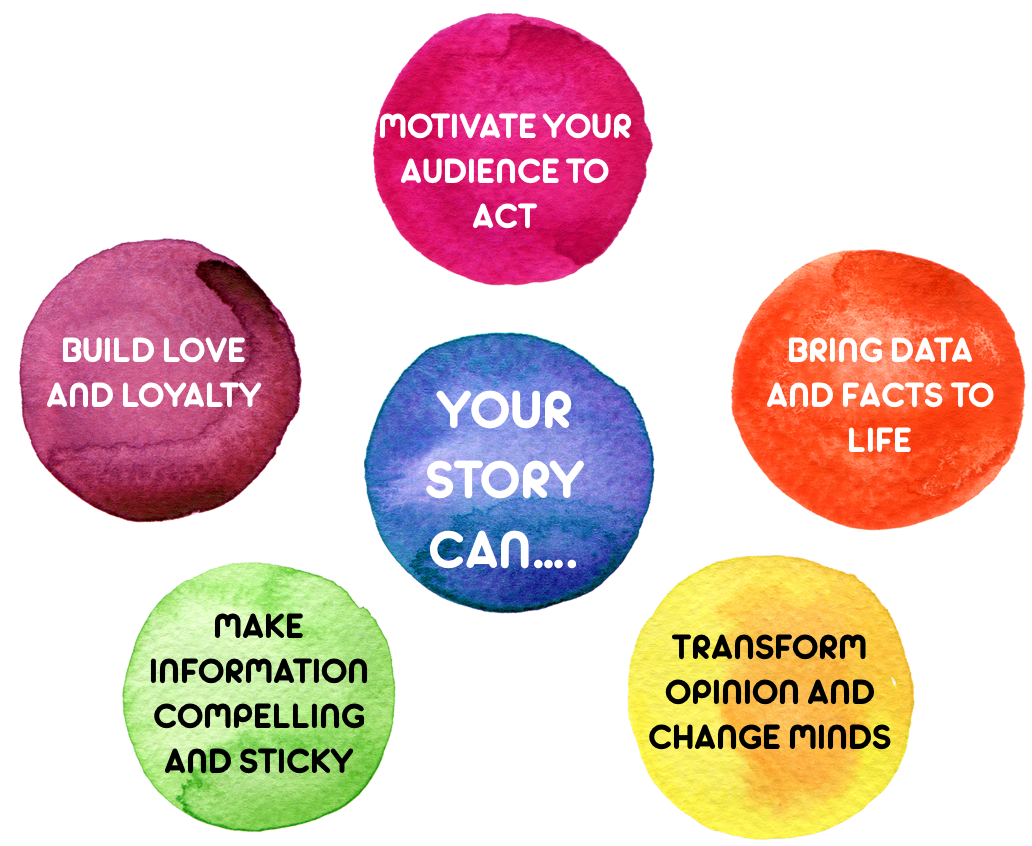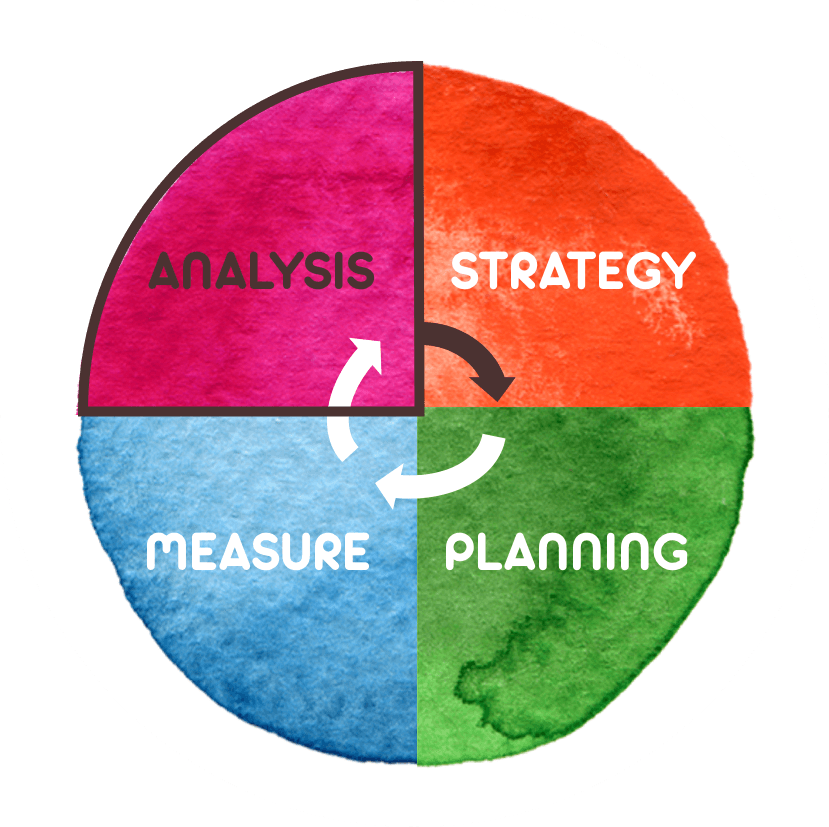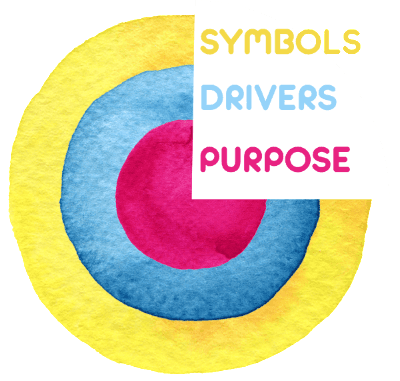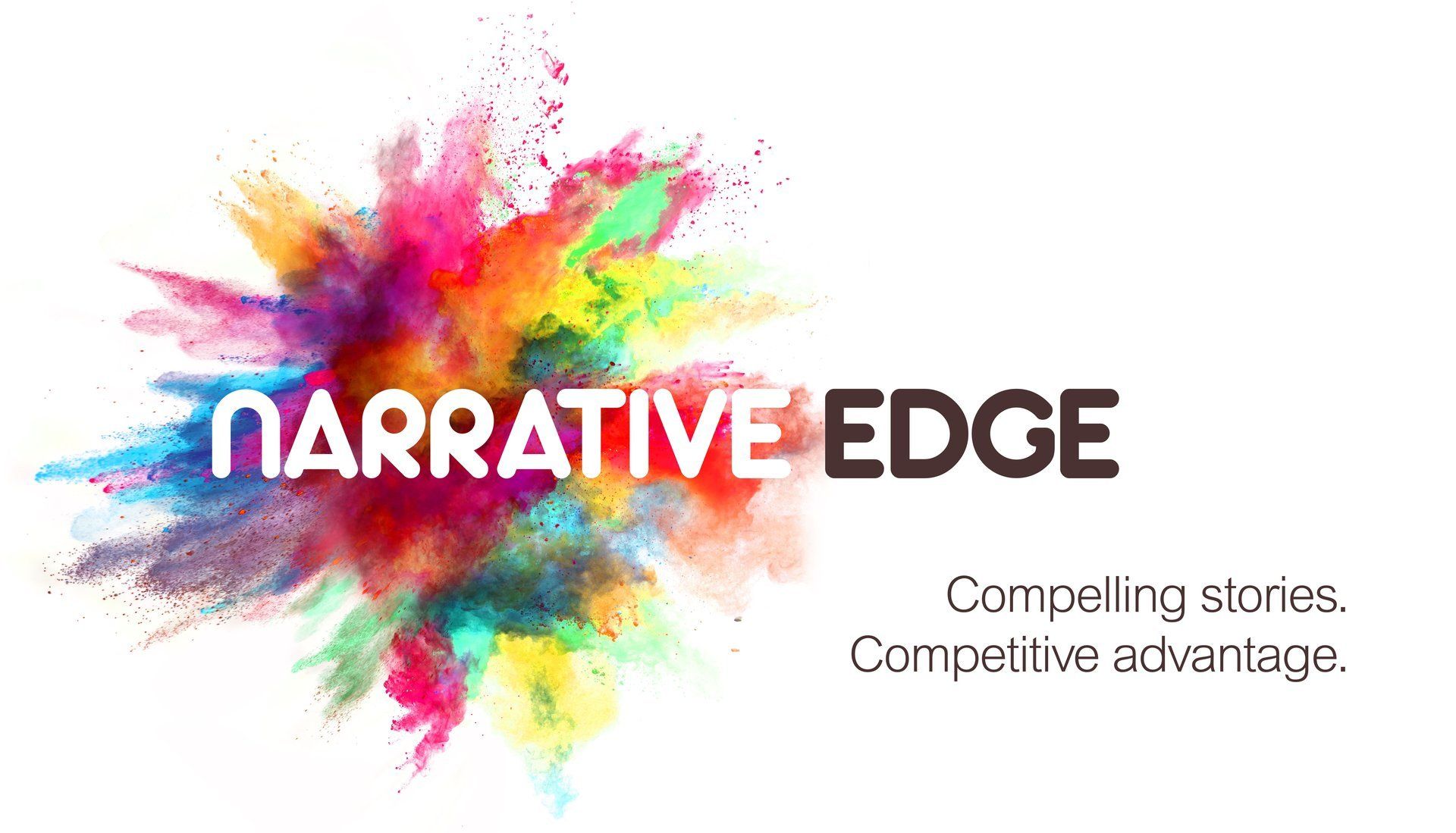What can storytelling do for you?
- By MATT CLARK
- •
- 20 Nov, 2017
- •
A great story can change the game for businesses of all sizes
I believe there are five core reasons why finding your Narrative Edge can transform your business.

As humans, we're continuously being programmed to be rational. Whether as maturing residents of the digital age or full-blown millennial digital natives, our ability to access information is greater than at any stage in our history, and expanding every day. We won't book a hotel room now without comparing hundreds of different prices to ensure we get the best financial deal. Buying a new TV or food processor isn't a simple decision made on a shop-floor, but the result of a lengthy cross-comparison of screen refresh rates and chopping-mode speeds, all available at a finger-click.
But at a more primal level, we are still hard-wired to be emotional. While our outer brain is getting crammed with facts and figures, our older limbic brain is still there making our emotional decisions for us, keeping us out of danger, driving our instincts, making us fall in love. Great stories are built on emotion, and create an engaging and compelling context that builds connections and brings the stats and facts to life. Even when we consider all the rational data, an emotional truth cuts through all the rational noise to build a deeper connection that help brands influence our decision making.
A clear story, consistently told and delivered, can have a powerful effect on perceptions and attitudes. Whatever your political standpoint or view on Brexit, what is clear is that by focussing their story on two clear, emotive and motivational statistics, the Leave campaign was able to successfully influence opinion and motivate more people to take action than the Remain camp was. Similarly, your choice of newspaper will have a direct influence on your opinions and attitudes - a story, and the way in which it is told and manipulated, can have a very powerful effect on your audience.
This is true in all fields, and especially in business. One simple example comes from the world of vacuum cleaners. This is a category so mature and so dominated by one particular brand, that they came to own the verb, the action of using their product. We do not vacuum, we Hoover. But then along comes James Dyson and his revolutionary cyclone technology. It's quicker. It's more powerful. But, critically, there are no disposable bags, no need for spares and no risk of running out halfway through the housework. It's cleaner, it's simpler. It removes a pain point. It changes the narrative, and grabs market share. Without being cheaper.
By creating an emotional context for the stats and data behind your once-in-a-lifetime product or service, your story helps that information land and stick in the minds of your customers. Chocolate lovers of a certain age will still remember how many glasses of milk there are in a bar of Cadbury Dairy Milk, based on the emotional truth that "one chunk leads to another chunk".
By finding the thing your customers need or want the most, and then focusing on how your business can help them find or achieve that, your story creates the connection that will make the facts and figures stick. The more places, and the more ways you then tell that story, the greater that connection becomes. Think about where your customers are, what channels they use, what media they consume and trust, and create content that will encourage them to take your story to heart in a way that works for them.
No-one is loyal to a statistic. We all know that 35% of all statistics are made up anyway (or is it 44%? I can never remember). Imagine if we only needed facts and figures to make decisions. You wouldn't fall in love with that person who makes you 'feel' special, whose eyes you caught across a room and made your stomach turn over. Instead you would be building a pivot-table of statistical preferences around height, eye-colour, future career prospects and longevity. The big decisions in life just don't work like that.
A world without story would be a world without brands. A world where we would just choose the cheapest smartphone with the biggest screen and the most room to store our selfies, and wouldn't ever pay the premium for an iPhone because of what we believe owning an Apple product says about us and our own desire to "Think Different". We wouldn't remain loyal to the same brand of soap or car if it all boiled down to cost and miles per gallon. We believe brand stories, we connect with their emotional promise, we use them to build or tell our own personal stories. Your story becomes part of their story.
Whatever your commercial goals, you need your customers to act to deliver it. You need people to 'do something' - respond now, get in touch, buy now, donate to the cause, download. Stats and rational facts and figures alone won't encourage people to get off their backsides and support your business. Similarly, a passive story won't do it either. Action creates action, so building a story and a promise that is a 'doing' phrase, an active phrase built around verbs, will itself create action.
From the suffragist "Join the Movement" to the technologist "Think Different", great campaigns are built on a point of connection and a compelling call to arms. Building a story around the topic or issue that connects you to your customers, and how your product or service can uniquely help them fill that gap, achieve that goal, solve that problem, gain that joy will encourage them to engage with your story and ignore your competitor's. This is when your business story becomes your Narrative Edge.

This desire to 'skip to the end', to jump straight to communicating your story without going through the journey to make sure it is built on the right foundations can lead to wasted time and effort, probably some wasted money and, worst of all, confusion in the minds of your customers and staff. That's where the Narrative Edge 'Story-Engine' comes in. It's a methodical approach to ensure that everything is connected, relevant, consistent and has a purpose.

I was asked an interesting question the other day by an entrepreneur in the early days of developing their business. They’d been offered the opportunity to test their product and get paid for it – a pretty rare combination! Anyway, the entrepreneur needed to invoice their client so they could get paid for the test, so they started developing an invoice template. They really wanted it to go on headed paper, but as they were still at the beginning of their journey they had no visual identity yet – no logo, typeface, colour palette and other recognisable business ‘symbols’.
So they thought they needed a logo, and quick! The question they asked was whether there were any particular rules or guidance on designing a logo?
Now, I’m not a designer, so I can’t answer that from a pure design perspective. But I have been working with designers for over 20 years and I know for a fact that what any designer needs to do any job properly is a great brief. They need to be absolutely clear on what is required, and what the design needs to represent.

So, what is Narrative Edge?
Basically, I believe that every successful brand or organisation is built on a great story. It's what makes you relevant to your customers, and different to your competitors. It makes you interesting. It creates love and loyalty.
It becomes your point of competitive advantage.
It gets to the real point of the matter, which is WHY you do what you do, and WHY your customers should care.
Most organisations know WHAT they do, HOW they do it and WHO they do it for. But very few really know the answer to WHY.
Mainly, it's just the successful ones.
So, that's what I aim to do. Help businesses, organisations or individuals understand WHY they do what they do, discover their unique story, and then tell that story beautifully and effectively.
